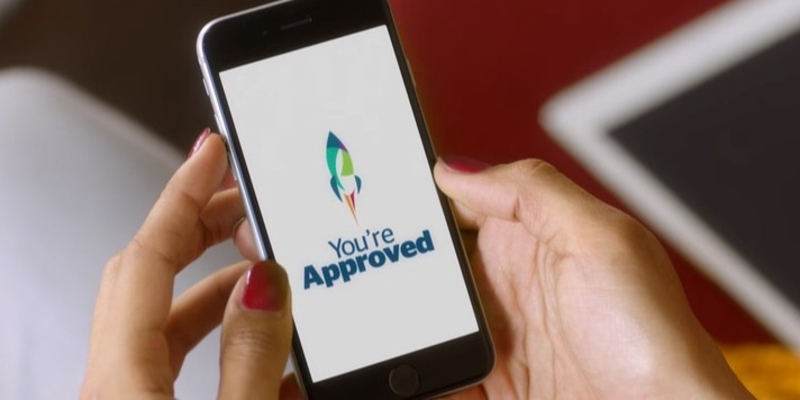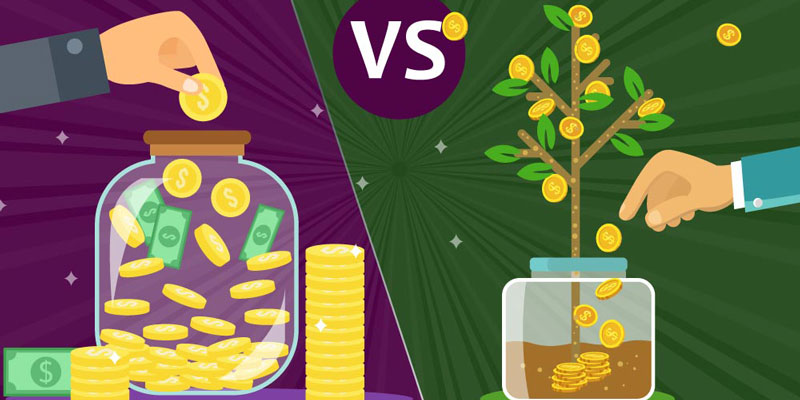Read this overview first to get a feel for the basics. The following stage is to figure out how you'll fit student loan repayment into your entire financial picture, such as your ability to save for a home's down payment and to investigate and weigh your choices, such as debt consolidation, deferral, and forbearance. The possibility of loan cancellation is also available, as we shall see. If you take into account the following nine tips, you may be able to get control of your student loans and accelerate their repayment.
Find out Your Financial Obligations

Knowing how much you owe on your student loans is the first step toward paying them off. If you haven't previously, you must figure out:
The total amount you owe on your loans
What is the total amount owed to each loan servicer, and whose loan servicers are those?
Don't forget to include private debts and federal loans while answering my question.
Minimum monthly loan payments are required for all loans.
Used to indicate the cost of borrowing money
Once that's settled, you'll be able to go on to planning out how you'll pay back the loan.
Considering All of Your Options for Repaying Your Student Loans
The borrower's financial status, repayment capacity, and long-term goals should all be considered when planning a repayment strategy for a loan.
According to Joseph DePaulo, CEO, and co-founder of College Ave Student Loans, everyone has different financial priorities. Some borrowers would likely want a more lenient repayment plan that extends their payments over a longer period, while others would prefer a more aggressive plan that helps them erase their obligations as quickly as possible.
Take advantage of the lenient time frame.
The grace period for repaying private student loans is negotiable between the borrower and the lender. A loan's grace period is when interest and principal accrue without the borrower being required to make payments. Federal student loans typically have a grace period of six months following graduation.
Private and unsubsidized federal loans have interest that accrues even during the grace period and is capitalized (added to the principal) once the grace period ends.
Consolidating and refinancing your student loans may be an option to consider.
Consolidation and refinancing are two options that can make it simpler to pay off student debt. Consolidating your debt, also known as consolidating your student loans, is rolling all of your outstanding loans into one big one with an interest rate calculated as the weighted average of all your current interest rates. Consolidating several federal student loans into one monthly payment is one way to make debt repayment more reasonable.
Maintain Regular Loan Payments
There may be repercussions to your credit rating if payments are late. Loan repayments automatically deducted from a checking account on the due date each month mitigate the effects of late payments on a consumer's credit score.
Enrolling in automatic payments with many private lenders and federal loan servicers qualifies for an interest rate reduction. A drop in interest rate of even a quarter of a percentage point might substantially affect the loans' repayment schedule.
Invest More, But Maintain Dependability

Paying off student debts slowly by only the minimum due each month is a bad idea. With persistent extra payments, Joshua Hastings, creator of the personal finance site Money Life Wax, paid off $180,000 in student loans in just three years.
Make extra payments toward one loan at a time while making the required minimum payments on the other loans. Which debt-reduction strategy—the snowball or the avalanche—do you favor more and why?
Examine Your Options for Pardon and Compensation
Giving Something Back to the Community Loan cancellation plans are available for those who enter the public sector as workers. After a set number of payments have been completed, student loans are often canceled for those who work in the public sector.
Your employer may still be willing to assist you even if loan forgiveness is not an option. Contact human resources to learn if your firm offers a student debt repayment benefit and, if so, what you need to do to qualify.
Implement a Bi-Weekly Billing Schedule
Changing the frequency of your student loan payments from monthly to bi-weekly is another possibility. Paying your mortgage every two weeks is similar to this tactic because it will result in an extra principal payment per year. Biweekly automatic payments may be available; if not, you can make additional principal payments through your online account at any time by contacting your loan servicer.
You are not obligated to make extra biweekly payments at specific intervals and can skip them if they don't fit your budget.







